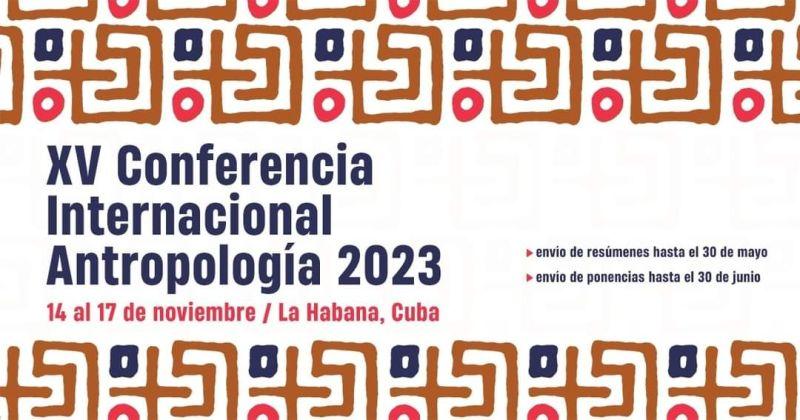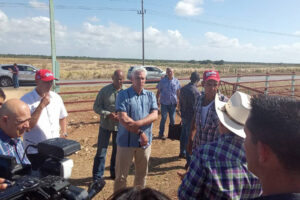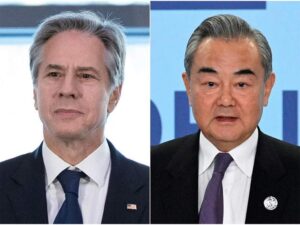The current problems of anthropological sciences, museums, educational processes, and the use of high technologies in archeology will be there focus of debates today at the 15th International Conference on Anthropology, which is being held in Cuba. Fifty anthropologists and archeologists will participate until Friday in the event, held at the Cuban Institute of Anthropology (ICAN), after a long pause due to theCOVID-199 pandemic.
Academics and researchers from prestigious research centers such as the National Institute of Anthropology and History and the National Autonomous University of Mexico; the University of South Florida; the Institute of Research for Development (IRD/URMIS) of France; the University of Winnipeg, Canada and the Max Planck Institute of Germany, among others, are attending the event.
The Master of Science Arliz Plasencia, a member of the Organizing Committee, told Prensa Latina the importance of this scientific event as an opportunity to make ICAN known and «get together again around different topics».
We are, she said, at a crossroads as to whether or not to hold the conference given the situation that has changed a lot since the previous event five years ago, since we scheduled another one before the pandemic and it could not be held.
He considered, however, that it is important to resume the organization of the Conference, otherwise, we would lose a space, the most important being around a variety of topics of archeology, religion, and cultural anthropology, just to mention some of the problems.
In the researcher’s opinion, the balance is very positive and the works presented to the commissions are of high quality, judging by the first day of debates that took place this Wednesday in the institution located in Old Havana.
ICAN intends to be the continuity of the scientific community in charge of archeological and ethnological research, with a recognized national and international prestige since the 1930s, based on anthropological studies, scientific-technical services, postgraduate teaching, community outreach, academic exchange, collaboration and promotion of science, management, and conservation of the nation’s historical-anthropological and cultural heritage.




